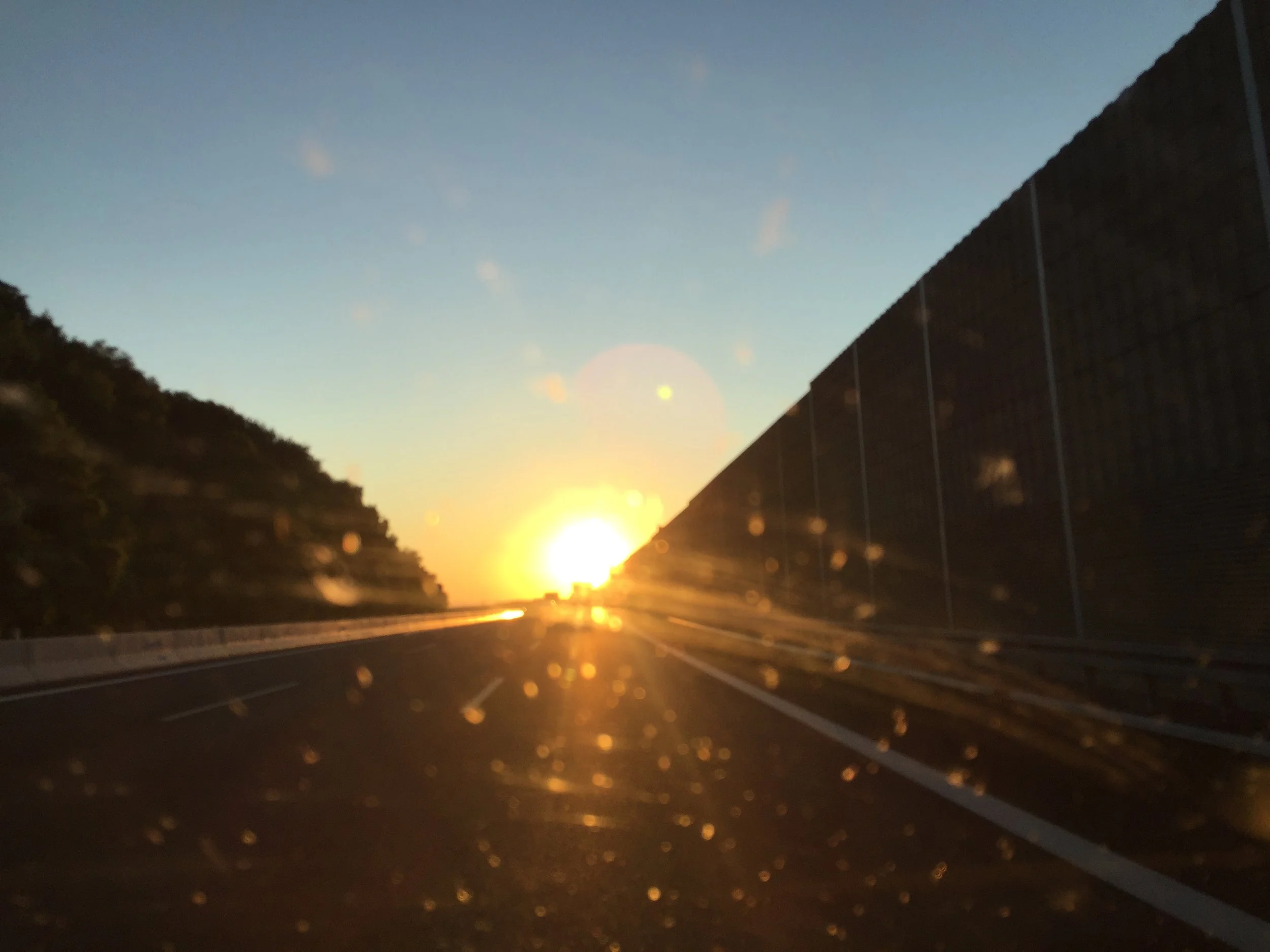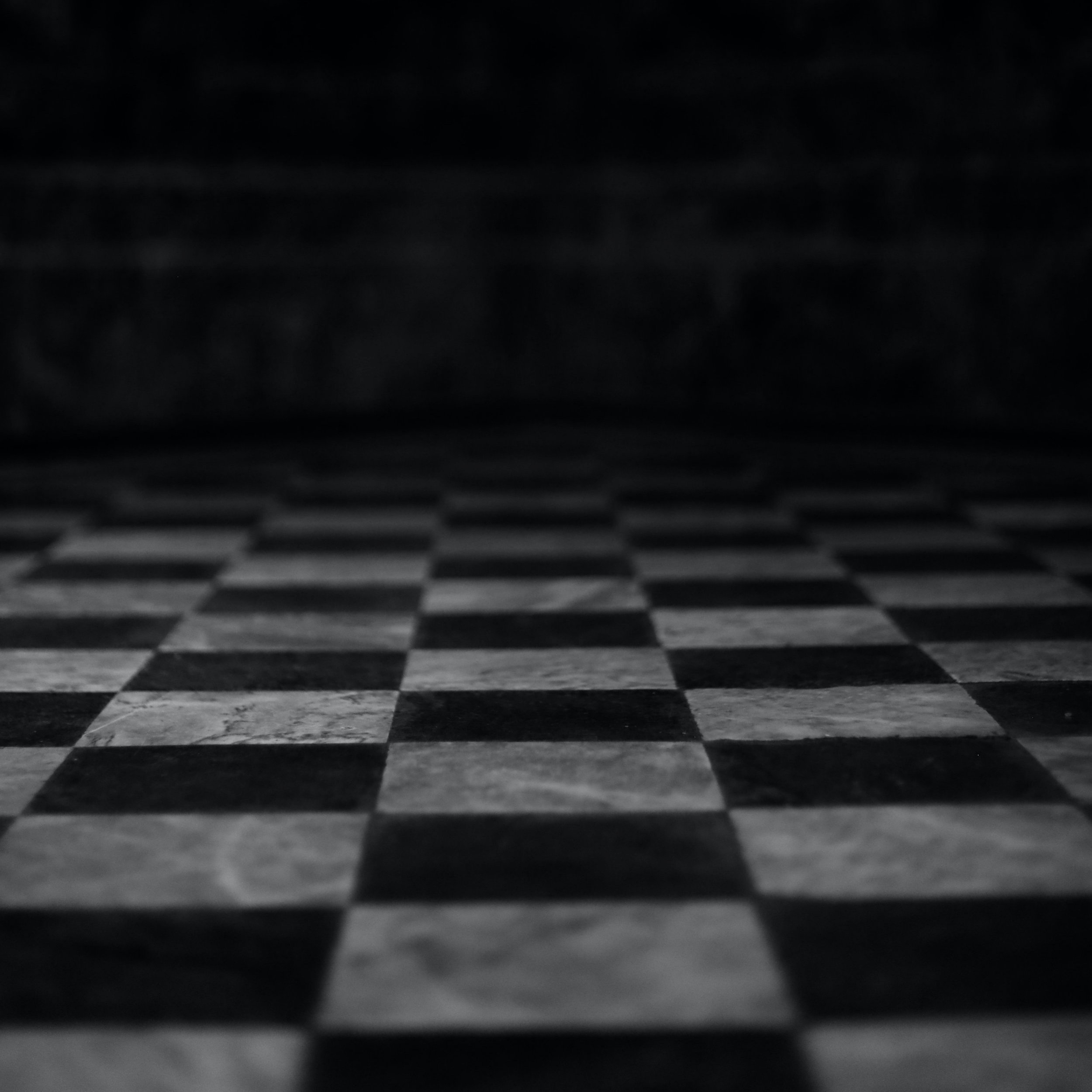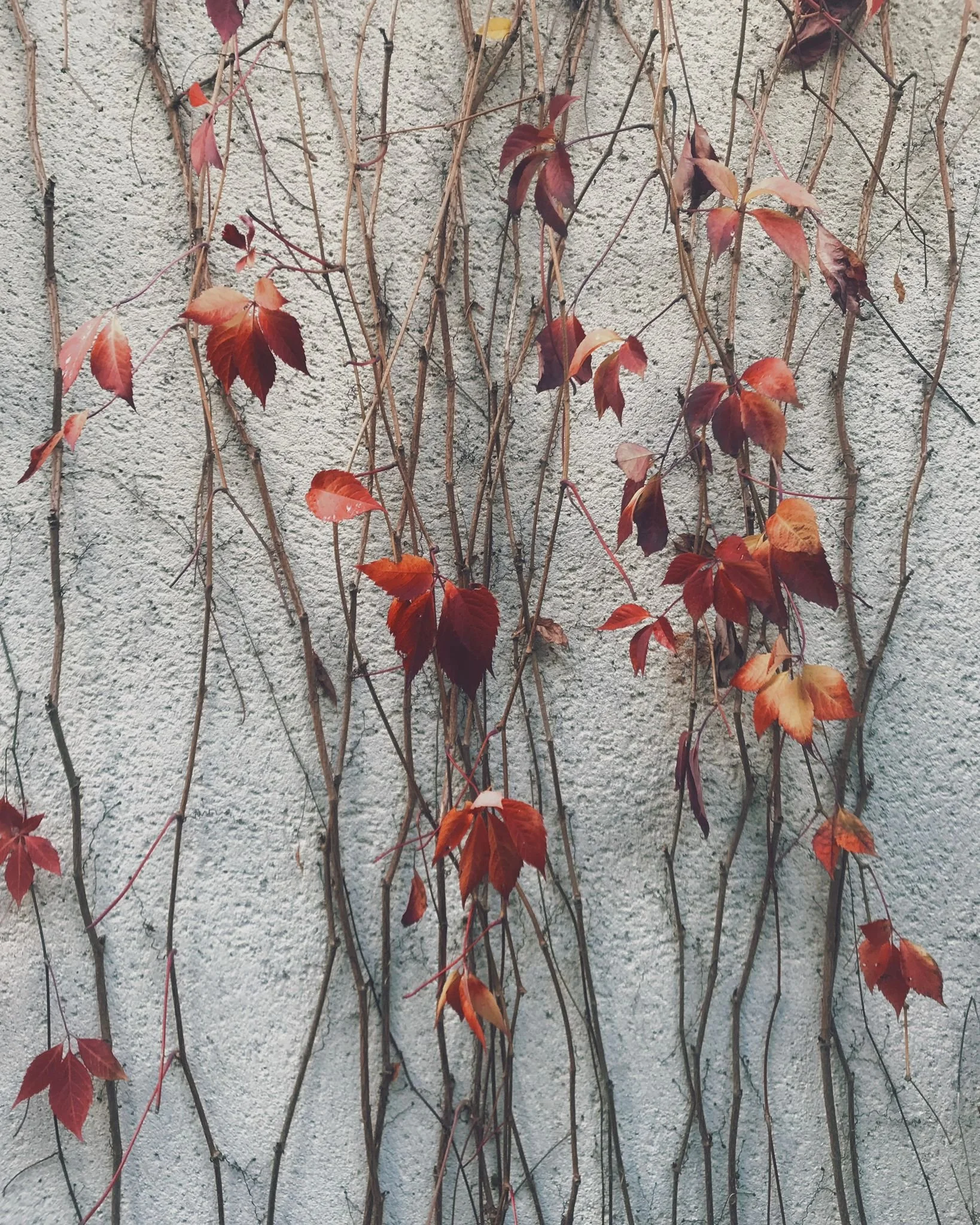Lost and found
Whereas the physical treasure chest of Bilbo and Frodo on the return from their journeys to faraway lands was filled with plenty of gold, gemstones, valuable scrolls and powerful weapons, my treasure chest looks much more mundane after I carried them up the stairs into my apartment: facilitation materials, a pack of flipcharts, 35 copies of the new book, a few new ones by esteemed colleagues and a large suitcase with dirty laundry.
Still sweaty from the four hours trip from Lingenau across mostly empty highways and under the blazing sun, I open the door to my terrace to let the air in from the outside. To cool down and feel the breeze.
I feel lost. I am tired and buzzing at the same time. The last days were so full, my mind and heart are still vibrating. And I don´t know what to do with that so late in the night. And even as I wake up the next morning, I just don´t know what to do with myself.
New and old territories
In the heroes’ journey, the homecoming part is an often-overlooked challenge. The protagonist starts her journey from the known world, exploring the edges of it and crossing into the unknown, reaching new territories.
And these territories are both inside and outside the heroine. In exploring the unknown world, she discovers new parts of herself, finding new resources, capabilities, learns skills, making connections, growing and adjusting to the unknown and the challenges it entails. After the journey, she is not the same.
Sometimes I think that all the cars, trains and planes that made travelling so fast and easy robbed us of a very important phase in travelling. We jump from one place to another, from one encounter to the next. Each one of them with the potential to let us grow and learn and start a new story. Yet, we are missing the time to integrate it. The time in between there and here. The time of the slow approach. The homecoming.
While we have been away, our known world stays the same. If not in fact, then at least in the image we carry with us on our travels. Arriving home means to recalibrate and finding a balance between the new and the old.
Maybe it just takes a good night of sleep and a quick look through our notes. Sometimes it needs a serious conversation with someone. Sometimes it needs the patience to let a story unfold: we are so used to have many things available at the click of a button, we sometimes overlook how small impulses can lead to important changes. Just like a seed needs time to grow, ideas and insights need time to unfold and integrate.
Treasure chest
Contemplating on the treasures that I carry from the Story Camp, I stumble upon the word chest: isn´t it our chest that holds and protects our hearts?
And yes, this chest is filled with many treasures: the buzzing of the conversations between people who never met just minutes after we opened the camp. The moment the empty agenda fills with topics and questions. All of them so exciting, all of them so relevant that I need to remind myself that there can a joy of missing out. Entering the first session on “What actually defines a story?” thinking I know too much and being carried away by the depth, insights and openness of the dialogue. Experimenting with telling stories in a many ways: sitting on and walking between the benches of Lingenau: deepening my connection to my fellow travelers, the village that is hosting us, the community that inhabits it and the storyteller in me. New encounters with wonderful people.
Poetics and politics
Sitting on the stairs outside our plenary room at the old guest house Engel, two words come to me. Now, they seem like a title for the themes that moved and captured me in the last days: poetics and politics.
I attended five different sessions over the last four days. Two of them focused on political topics: “Climate change – what´s the treasure?” and “Narration, Politics and Polarization”.
These sessions were both rich and challenging and the same time. Entering the realm of politics means entering the realm of diversity: different viewpoints, interpretations, values and feelings want to be heard and might compete for airtime, acknowledgement and attention. If every encounter has the potential to exemplify new ways of working and being together, these two sessions nailed it: the willingness to listen and to enter dialogue enabled us to make meaning together. To sit in the fire of diversity and let shared understanding emerge so we can harvest our collective insights.
The topic of climate change is so complex and all-encompassing that I often feel overwhelmed by it. Proposing the topic at the camp was a first tentative step for entering a true conversation about the topic. Feeling and testing how it is for me to talk about it. To find a stance and a language for myself in how to approach the topic. This first step was highly rewarded.
The session not only made me even more sensitive to the different sensibilities around the topic but also about the complex mesh of technological path-dependencies and social dynamics around: after all, we are discussion our way of living as a species. Two major points stand out for me from this discussion:
We need to talk about the treasure at the end of the journey of transforming the way we live as a species. As long as the conversation is framed as a fight and about what we need to be stopping, it carries the sentiment of despair and sadness. We will work against something. Yet, what if we can work for something? A vision that ignites because there is something to win? What could it be that lies at the end of this fundamental transformation? In our conversation, a new sense of interconnectedness was the answer: not only with our role in the ecosystem and the production of life on this planet, but also in relation to ourselves, the place we inhabit and our communities. To move from a production system that sees the earth as minable resource to a re-production system for life on this earth.
The narrative of fighting climate change resembles the “monster in the house plot”. We can only escape (sick!) or kill (how?) the monster. We were quite stuck with the plot for a long while in our discussion. What opened new avenues in our thinking was a metaphor shift as the foundation for a new story: If humanity has been dancing on the earth for centuries (at least in the west), exploiting its resources, we now have to dance with the earth, embracing and acknowledging our impact and the complex net of feedback loops and interdependencies.
The storyteller in me
In the last circle of the camp, out on the grass in front of the plenary, I was surprised by the words I said: that I never identified as a storyteller. That I never got really in touch with the power of the storyteller to create new worlds by creating and sharing a story. I feel different now as the Camp opened me in many ways for the craft and art of storytelling. From the first session on what defines a story, to crafting and co-creating different beginnings for a novel in session four.
Thinking about that now, I have to think of the first circle, right at the start of the camp, where I echoed the quote from Leonhard Cohen “There is a crack in everything, that´s where the light comes in” in the question I shared “Where is the crack?”.
In the following night, I couldn´t sleep and writing down my thoughts, the quote changed to something else: “There is a crack in everything, that´s where the light comes out.” Looking back at this, it seems like a sign for the exploration of the storyteller in me for the next days. Finding the cracks through which some light can shine.
And these cracks have been invited by the people opening different spaces in the sessions to follow. The moment where we moved from an inspired discussion around what defines a story to sharing the stories that move us opened me up. Through the stories shared by my companions, I was able to dig deeper, and find the emotions, conflicts and tension that move me.
And there was the wonderful walk around Lingenau, in which my body and my mouth were invited to tell stories. As the atmosphere is captured in yet another short film, I will only share one small poem that emerged while walking down a narrow path with two beloved friends, playing around with the concept of one-word-stories:
A few days before the camp, we sat down in the core team to capture the ideas and questions for sessions that called us in that moment. One theme that captured me, was the fact that we can tell stories in many different ways. Looking back at session four, it now seems that my call has been answered.
After sharing some beginnings of stories that speak to us, we set out to define new beginnings for a novel in the making by one participant. In the novel, a woman sets out to discover the story of her disappeared uncle while looking to heal herself from a painful split-up with her boyfriend at the time.
The proposed beginnings were as diverse as the people who proposed them: there were cinematic openings of the woman running through a silent jungle stopping suddenly at the end of a path that led nowhere or a wife knocking at the door behind which her husband is with his young lover with the sound of a marching mass of protesters as background.
I remember my joy and excitement before we went into writing these openings. The impatience to try it out. The joy of sharing the beginning I wrote. This joy is the treasure I want to keep. The lust to let some light shine.
There is a small drawing I made at during the first session. It shows a figure with a backpack. On the backpack, the word “Welt” is written. And maybe it is the image that brings together the two words poetics and politics:
Each poetic act, each story, however small it is, refers to a whole world. Each story carries a world with it. It is a seed for the creation of something new. Not all stories will blossom and flourish. But it is the poetic act of creation, the experimentation with different ways of narrating and describing the world that can create an alternative world.
And politics is about alternative worlds, about different visions where we will go from here. Putting yourself out there with your light and telling a different story takes courage. But I think we need more light, more courage and more acts of creation in this time. To find the treasures at the end of the journey.
Coming home
After I got up this morning, I picked up a ritual I did for the last few months. Some small exercises, a bit of yoga, a moment of stillness. This made me feel home in my body. In a few moments I will start to unpack my luggage. Find the place for the treasures, knowing that for some of the treasures, it will take some time to find their place in my life and work.
Co-creating Beyond Storytelling continues to be a wonderful journey. And coming home to my flat in Mannheim and leaving Lingenau also showed me that I have a home away from home. A home made up of a community that embraces openness, the aspiration for digging deeper and wider and taking unknown paths. A community in which trust and co-creation, connection and creativity, professionalism and commitment to detail and quality go hand in hand and form a virtuous circle. I came home.
Be gentle in your homecoming. Let it be a seed for new stories, new worlds, new journeys – inside and outside.










